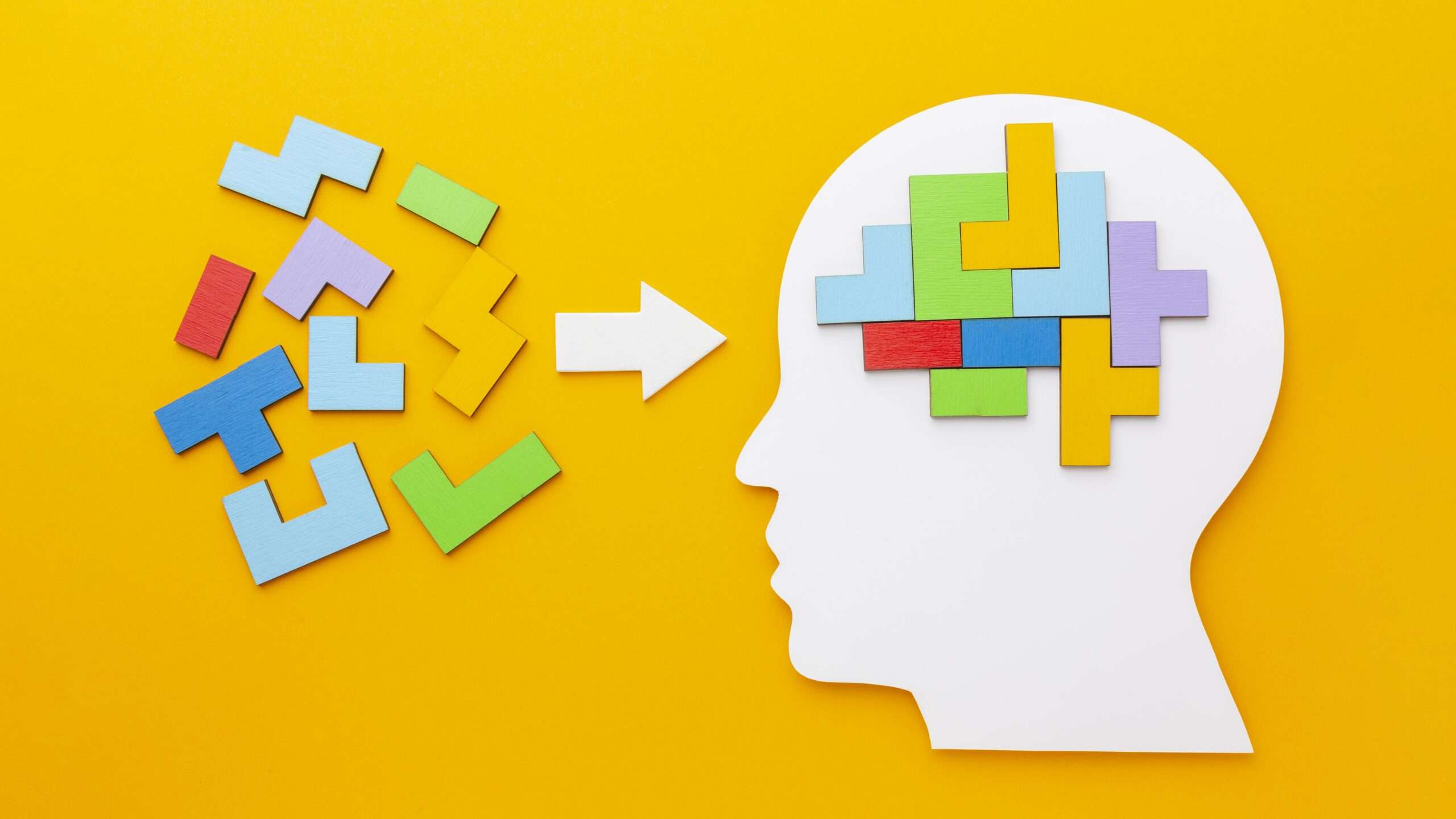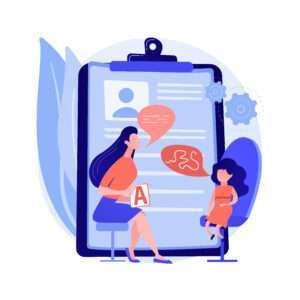
As we go through life, our expectations and perceptions of the world around us continuously evolve. This is especially true when it comes to language cognition. Our understanding of language and the way we communicate with others can change more dramatically than we realize. The way we speak, listen and even think all play a role in how we learn language and how it shapes our view of the world.
To understand this process better, let’s take a deeper dive into how language cognition evolves as we learn.
Expectations and Language Learning
Our expectations and preconceived notions of a language play a significant role in how we learn it. When we start to learn a new language, we bring with us certain assumptions and expectations about how it will sound and what the words and phrases will mean. These expectations can be based on a variety of factors, including our previous exposure to the language, cultural influences, and our personal experiences.
For example, when someone is learning a new language that is related to another language they already know, they may expect certain grammar rules to be similar. This is because they have already had exposure to a related language, and it has already shaped their preconceived notions of what the new language will be like.
Similarly, our expectations of how language should sound and be spoken can be influenced by our exposure to different accents and dialects. If someone has only been exposed to a particular regional accent, they may struggle to understand speakers from other regions or countries, which can inhibit their language learning process.
So, our expectations play a pivotal role in shaping our language learning journey. Our preconceived notions can either make the process smoother, or they can hinder it. Therefore, it’s vital to be aware of our expectations and understand how they are shaping our language learning experience.
Cognition and Language Learning
Cognition is the cerebral action or process of getting knowledge and understanding through thought, experience, and the senses. It plays an essential role in language learning, most notably in the way we listen and process information.
When we listen to someone speaking in our native language, we don’t have to actively think about the words and the meaning behind them. Our brain processes it automatically as if it were an unconscious reflex. However, when we are learning a new language, this process becomes more deliberate, and we have to actively engage our cognitive processes to understand the meaning of the words.
Moreover, cognitive processes play a role in understanding the structures of a language. We need to understand the grammar, syntax and the way the language is constructed. It’s a bit like trying to put together a puzzle, and without the right cognitive skills, it’s tough to assemble.
As the language learning process progresses, the brain becomes wired to process the language more naturally. Thus, cognitive processes become more automatized, and listening and understanding grow more effortless. This process is referred to as automaticity.
The Evolution of Language Learning
As the language learning process progresses and our cognitive and linguistic skills are developed, our ability to understand the language evolves. Our hearing becomes more attuned to the specific sounds and subtleties of the language, and our understanding of the language’s semantic and syntactic structure becomes more refined.
Moreover, cognitive abilities and expectations can shape the way we understand and interpret the meaning of words. For instance, a person’s cultural background or life experiences can influence how they learn and use vocabulary.
This is particularly evident in idiomatic expressions. It can be particularly challenging for language learners to understand expressions such as “it’s raining cats and dogs.” Without the proper cultural context, it’s difficult to understand the meaning of such phrases. As a result, our prior beliefs, experiences and cognitive processes play a decisive role in how we learn and understand a new language.
Language Learning and Perception of the World
Language goes beyond mere communication; it shapes the way we experience the world around us. Different languages have different words, phrases, and concepts that don’t exist in other languages. Therefore, the way we view and understand the world is induced by the language we speak.
For example, the Inuit language has many words for “snow,” which reflects the importance of that concept in their culture. Similarly, other cultures may have more words for different types of food or clothing, reflecting distinct aspects of their way of life.
Thus, our perception of the world is induced by the language we use to talk about it. Our language can shape how we see things and influence how we think about and interpret different events or situations. Therefore, as our language learning process evolves, our perception of the world can change dramatically.
Final Thoughts
In conclusion, the way we learn language is influenced by our prior expectations and experiences, and the way we process information, and our cognitive abilities. As we learn, our language cognition evolves, and the way we understand and interpret the world can change.
Therefore, it’s vital for language learners to be aware of their expectations and how they shape their language learning journey. With the right approach and mindset, learners can develop their cognitive and linguistic skills, and ultimately enhance their perception and understanding of the world around them.
We hope you enjoyed the blog post of languages Unlimited about expectations and language cognitive evolution as you learn. With exposure to different linguistic structures, speakers become more flexible and adaptable in their thought processes. It is a testament to the amazing plasticity and capacity of the human brain to constantly learn and grow. As we continue to explore the intricacies of language, we must also embrace the idea that our perceptions and expectations are ever-changing, opening up infinite possibilities for communication and understanding.
